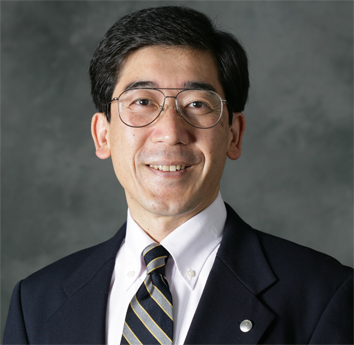Keynote Speeches
Professor John F Roddick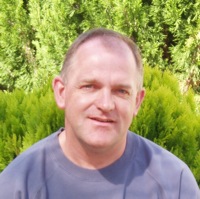 |
|
| Topic: | Pattern Specification and Discovery in Higher Order Data Mining |
| Abstract: |
Many enterprises gather large volumes of data about their business and research activities with a view determining how they might improve their practice or identify emerging business opportunities and threats. In such cases analysts commonly search for novel patterns that can provide a clue to future research directions or strategic advantage over a competitor. However, while data mining has demonstrated considerable success, a number of substantial problems remain including those relating to the usability of the results and the tractability of the routines in the face of growing volumes of source data. |
| Biography: | Since the late 1980s Professor Roddick has contributed to the area of conceptual modelling and intelligent databases including the development of techniques for data summarization, spatio-temporal databases, query languages, evolution and change in data and metadata management, information semantics and, data mining and knowledge discovery. |
Professor Won Kim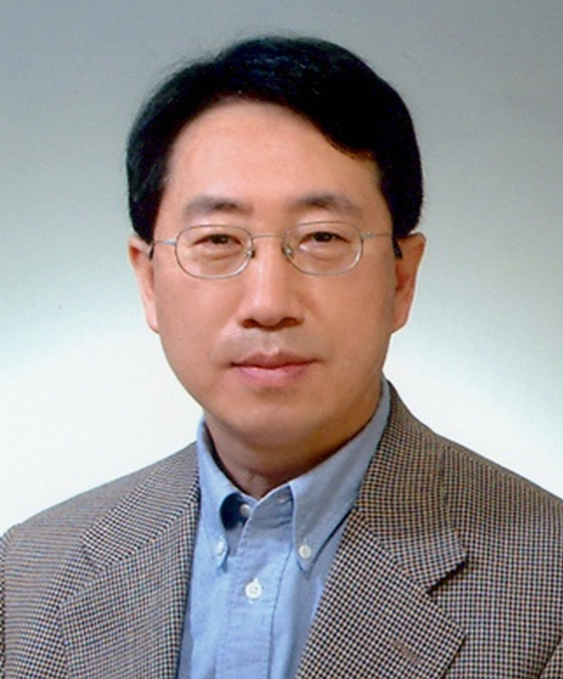 |
|
| Topic: | On Leveraging Social Web Sites |
| Abstract: |
Today hundreds of thousands of online communities are flourishing. Hundreds of millions of people all over the world make use of social applications, such social Web sites, Internet portals, blogs, wikis, etc. |
| Biography: |
Won Kim is currently a lifetime professor and vice president with Kyungwon University in Seongnam, S. Korea. |
Professor Tzyh-Jong Tarn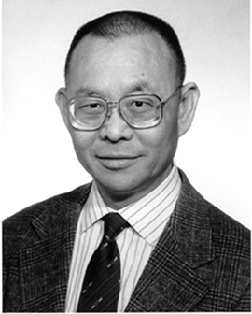 |
|
| Topic: | Technology and Information Acquisition |
| Abstract: |
Due to the rapid advances made in Nano-Bio-technology, optical control of molecular dynamics and quantum computation, there is an increasing need to understand the fundamental structure, from the systems theoretical point of view, of the control and observation of quantum mechanical systems for designing advanced sensors and actuators. |
| Biography: |
He is currently a Professor in the Department of Systems Science and Mathematics and the Director of the Center for Robotics and Automation at Washington University, St. Louis, USA. |
Professor Andrew Ware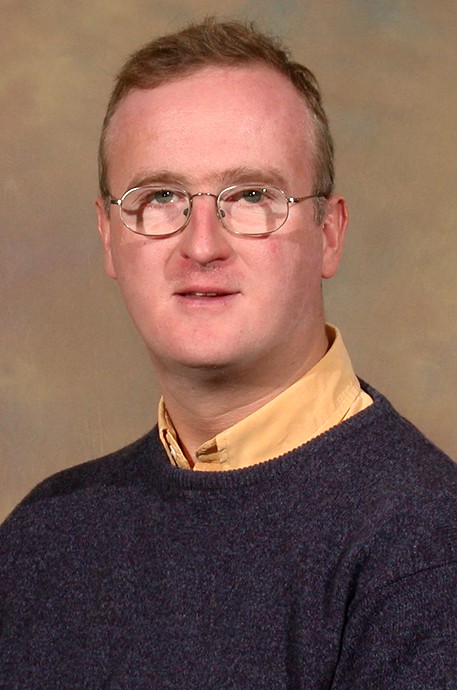 |
|
| Topic: | Learning from Data |
| Abstract: |
We live in a complex world that is ever changing and filled with danger and contradiction. |
| Biography: |
Andrew Ware is Professor of Computing and Head of the Department of Computing & Mathematical Sciences at the University of Glamorgan in the United Kingdom. |
Professor Jhing-Fa Wang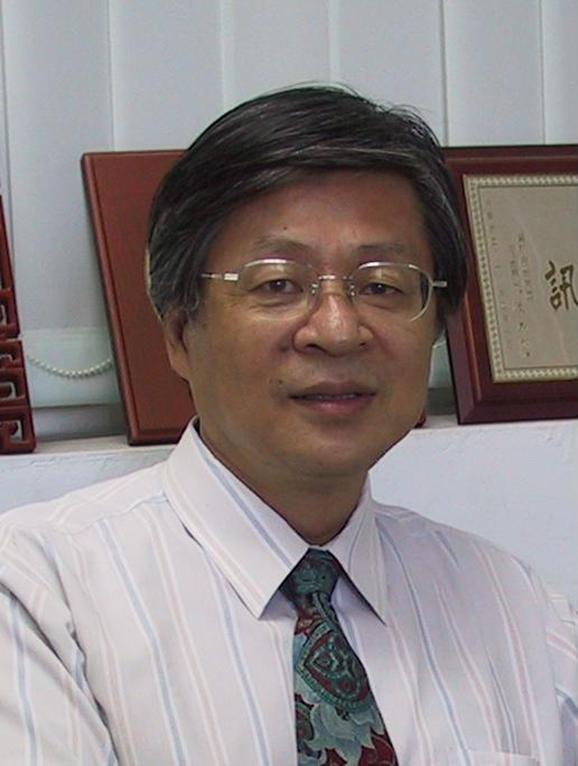 |
|
| Topic: | Orange Computing & Technology : Ubiquitous Service & Computing for Humanity |
| Abstract: |
It is no doubt that the research & development of Science & Technology should be applied to improve the human life. For example:Edision invented light bulb, Watt invented steam engine, Franklin invented the lightning rod and Darwin developed the evolutionary theory etc. They all contributed to the humankind very much. Ubiquitous computing has been defined as computing on any devices, anywhere and anytime and how the ubiquitous computing can be developed to contribute to the human kind is not yet clearly considered or addressed very much.. The orange computing or orange technology will refer to those researches or technologies which will pay more attention on the care of the physiology (body), psychology (mind) and spirit of the human being. |
| Biography: |
Prof. Jhing-fa Wang is currently a Chair Professor in the Department of Electrical Engineering, National Cheng Kung University (NCKU). He got his bachelor and master degree from NCKU in Taiwan and Ph. D. from Stevens Institute of Technology USA in 1973, 1979 and 1983 respectively. He is now also the chairman of Tainan Section, IEEE. He was elected as IEEE Fellow in 1999 for his contribution on:¡¨Hardware and Software Co-design on Speech Signal Processing¡¨. |
Professor Jianrong Tan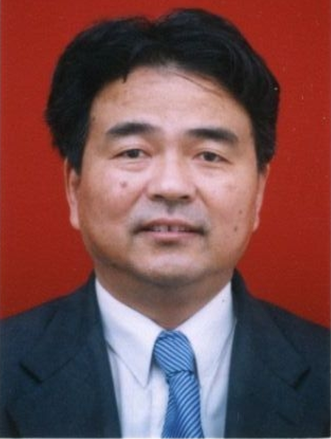 |
|
| Topic: | Innovative Design and Visual Computing in Virtual Environment |
| Abstract: |
The integration of virtual reality and computer aided design technologies is a revolution in the history of design. Virtual environment provides more information and feedback to designers than the traditional desktop system can. |
| Biography: |
Prof. Jianrong Tan is an academician of Chinese Academy of Engineering. He obtained his master¡¦s degree from Huazhong University of Science and Technology, China and his Ph.D. from Zhejiang University, China, respectively. |
|
|||
| Topic: | Recent Topics of Interactive Evolutionary Computation | ||
| Abstract: |
Interactive Evolutionary Computation (IEC) is a method for optimizing target systems based on human knowledge, experiences, preference, intuition, and/or KANSE in general. There are many systems that it is hard or impossible to design fitness functions for the optimization and therefore we cannot apply conventional optimization methods including conventional evolutionary computation (EC) framework. |
||
| Biography: |
He received the degrees of Bachelor, Master, Doctorate Degrees in 1979,
1981, and 1991. He worked for the Central Research Laboratories of Panasonic
in 1981-1995, and is an Associate Professor of Kyushu Institute of Design
since 1995 and now works for Kyushu University after two universities merged
in 2003. He was a visiting researcher at UC Berkeley in 1991-1993. |
||
